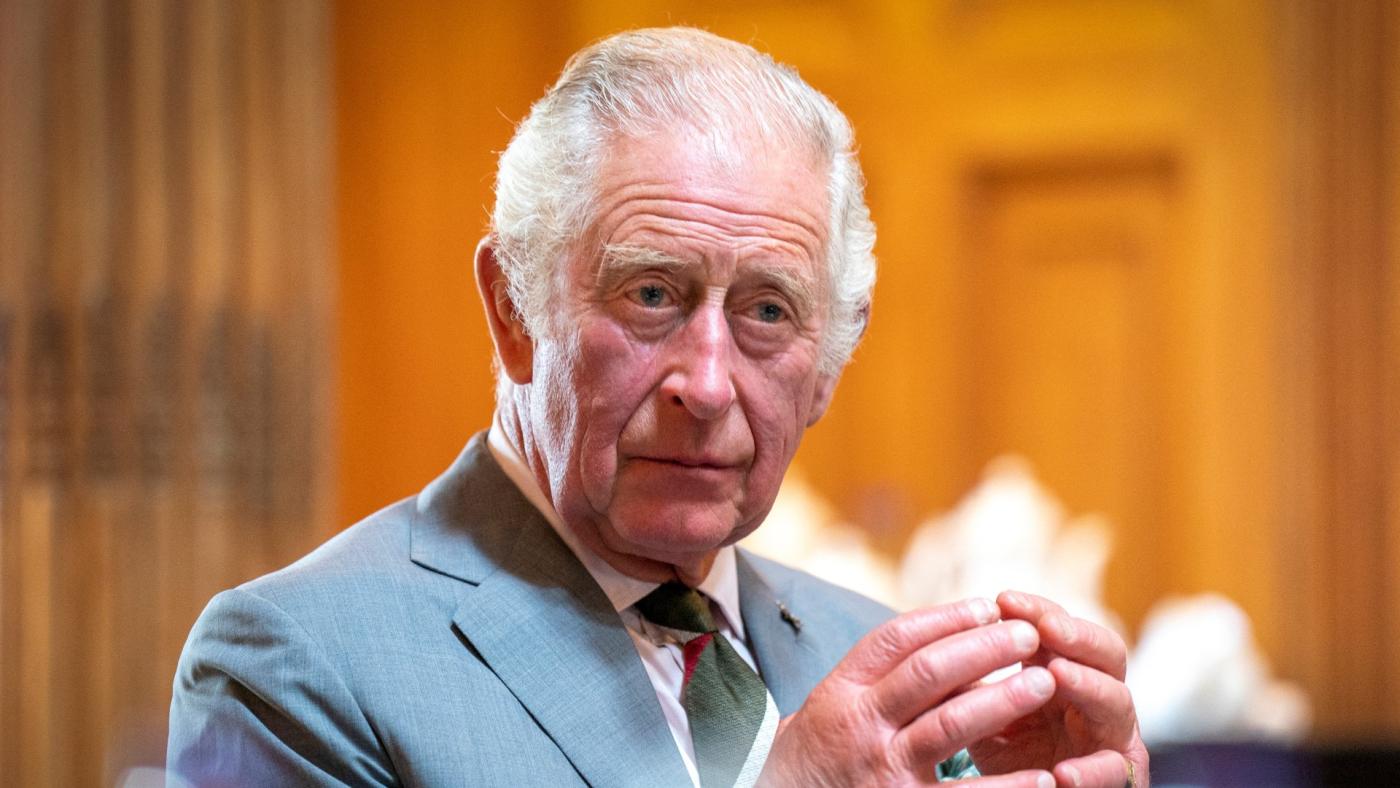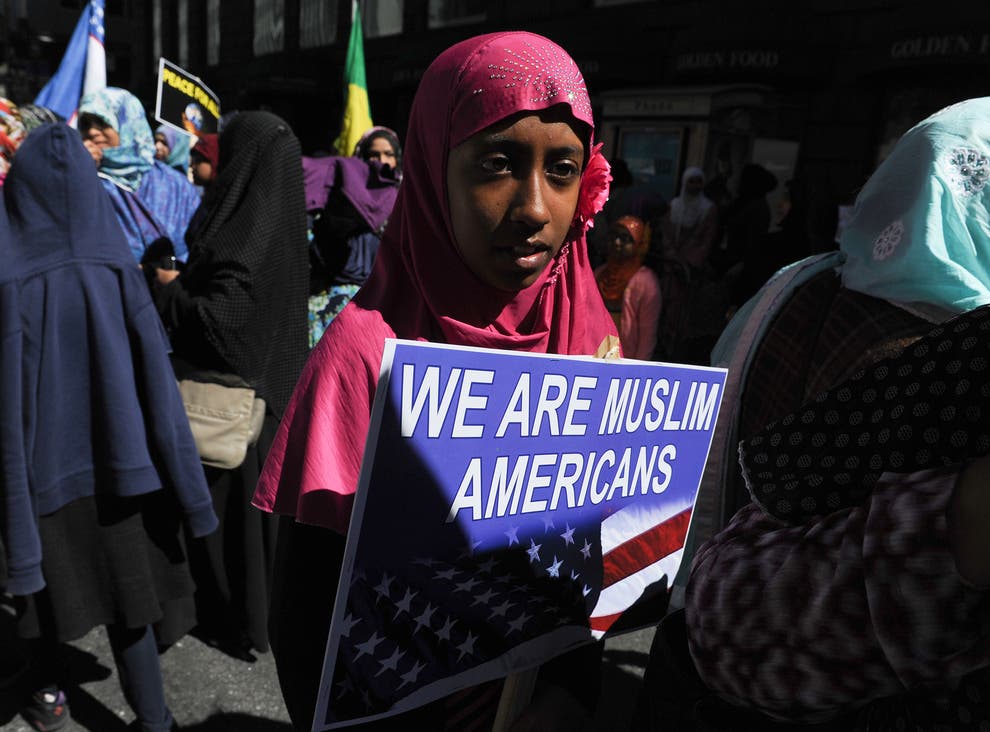Stigma surrounding mental illness, a fear that their culture and religion will not be understood by Western-trained specialists, and a fear that they might give Islam a bad reputation, means many U.S. Muslims are reluctant to seek help from professionals when faced with mental health difficulties, and instead turn to community leaders and imams for help[1]. While these community leaders may then refer them to a mental health professional, a mosque in North Carolina has set up a referral initiative that offers members access to six volunteer mental health experts, including a therapist and a substance abuse counsellor, for a confidential and free session[2]. As well as aiming to reach out to those in the community who may be suffering, and offering workshops on educational, behavioural, and emotional wellness, a key objective of the referral service is also to raise awareness and educate the community about mental health and social issues[3]. Appointments can be scheduled online[4], making them more accessible.
The referral service is part of a larger movement within the U.S. aimed at supporting the needs of American Muslims, a movement which, according to Shimron’s article, has become increasingly relevant as feelings in the Muslim community of “being bullied, harassed and otherwise treated with suspicion” have increased under Donald Trump’s presidency[5]. Such efforts include the upcoming conference, ‘Moving Toward Defining an Islamic Psychology’[6], which will bring together mental health professionals and Islamic scholars “[t]o address the problem of not having a clearly agreed upon definition of Islamic Psychology and how to utilize this concept to treat community members as individuals, couples and families”[7].
Such an Islamic Psychology is necessary because many may associate traditional psychological concepts, such as those put forward by Freud, as anti-religious, despite the fact that psychology has moved beyond this[8]. As Shimron writes, “Muslims won’t seek out mental health services if they fear that their religious identity might be threatened” and thus a sense of cultural sensitivity needs to be incorporated into mental health services[9]. Specialist psychological centres which use faith-based approaches to mental health, as well as Muslim chaplaincies in public institutions, are springing up across the U.S. in order to address this need[10]. Researchers in the UK have also been looking into this[11].
A Huffington Post article, however, draws attention to the fact that many Muslim Americans may be reluctant to seek help for mental health problems from anyone, regardless of whether they are a member of the community or a mental health professional, because of the stigma associated with mental health which stems from cultural and religious beliefs[12]. Kameelah Rashad, founder of the Muslim Wellness Foundation and the Muslim chaplain at the University of Pennsylvania, writes in the article that this stigma stems from “the idea or the belief that if someone is suffering with a mental health challenge, that is somehow a reflection of lack of faith or punishment from God for a previous sin, or the belief that this challenge requires just patience and perseverance and prayer, and that should alleviate what the person is going through. It leads to a lot of religious shaming”[13].
One way of solving this, according to Rashad, is to draw on and promote religious teachings that support the idea of caring for others and community involvement, as well as engaging in interfaith projects which “takes some pressure off the Muslim community to have to constantly defend our right to practice as Muslims”[14].
Rashad also draws attention to the fact that the mental health concerns of the Muslim American community are unique because of the psychological effects of “extremism abroad” on the community. Muslim American students may struggle to negotiate the different facets of their identity in their day-to-day life, and especially after extremist attacks happen abroad; Rashad writes that the community feels their emotions are denied, that “no one cares that we’re upset. They just want us to take ownership of the behaviour of a small fraction of the Muslim community”. In that sense, extremist attacks abroad symbolically “rob” the Muslim American community of their humanity[15]. These unique challenges therefore also point to the need for the specialist Islamic psychology Shimron details in her article[16].
[1] Shimron, 2018; Blumberg, 2015.
[2] Shimron, 2018.
[3] Islamic Association of Raleigh, no date.
[4] Islamic Association of Raleigh, no date; Shimron, 2018.
[5] Shimron, 2018.
[6] Shimron, 2018; Center for Muslim Mental Health and Islamic Psychology, 2018.
[7] Center for Muslim Mental Health and Islamic Psychology, 2018.
[8] Shimron, 2018.
[9] Shimron, 2018; see also Ciftci, Jones, and Corrigan, 2013.
[10] Shimron, 2018; see also Khalil Center, no date; Institute for Muslim Mental Health, 2017; Muslim Wellness Foundation, 2017; Basit and Hamid, 2010.
[11] Strangwayes-Booth, 2017.
[12] Blumberg, 2015.
[13] Blumberg, 2015.
[14] Blumberg, 2015.
[15] Blumberg, 2015.
[16] Shimron, 2018.
Sources
Basit, A. and Hamid, M. (2010) ‘Mental Health Issues of Muslim Americans’. Journal of the Islamic Medical Association of North America. 42(3), 106-110.
Blumberg, A. (2015) ‘7 Questions With Muslim Mental Health Professional Kameelah Rashad’. [online] 4 September. http://www.huffingtonpost.co.uk/entry/muslim-mental-health_n_7018428. [Accessed 23 January 2018].
Center for Muslim Mental Health and Islamic Psychology. (2018) ‘Moving Toward Defining an Islamic Psychology’. [online] https://nafshealertherapy.wixsite.com/defislamicpsychology. [Accessed 23 January 2018].
Ciftci, A., Jones, N., and Corrigan, P.W. (2013) ‘Mental Health Stigma in the Muslim Community’. Journal of Muslim Mental Health. 7(1), 17-32.
Institute for Muslim Mental Health. (2017) ‘Home’. [online] http://www.muslimmentalhealth.com/mmh/. [Accessed 23 January 2018].
Islamic Association of Raleigh. (no date) ‘Counseling & Mental Health Referral Services’. [online] http://raleighmasjid.org/health. [Accessed 23 January 2018].
Khalil Center. (no date) ‘About Us’. [online] https://khalilcenter.com/about/. [Accessed 23 January 2018].
Muslim Wellness Foundation. (2017) ‘Home’. [online] https://www.muslimwellness.com/. [Accessed 23 January 2018].
Shimron, Y. (2018) ‘How US mosques are dealing with Muslims’ mental health issues’. [online] 9 January. https://religionnews.com/2018/01/09/how-mosques-are-dealing-with-muslims-mental-health-issues/. [Accessed 23 January 2018].
Strangwayes-Booth, A. (2017) ‘Mental health therapy for Muslims embraces religion’. [online] 12 February. http://www.bbc.co.uk/news/uk-england-38932954. [Accessed 23 January 2018].






